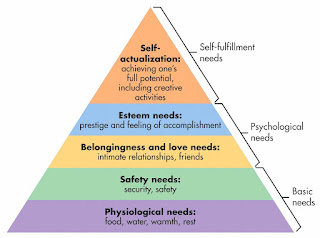First is the clarity to what and how a framework works. Framework is a basic structure that is underlying to the concept. Kind off skeleton to body. We all have similar skeletal features but not same. This difference is what many fail to understand when it comes to frameworks. The context in which these frameworks are applied may vary and hence their output is not as intended. Most available business frameworks taught were/are developed by western business schools. Research is usually done using a population set that is presumed to represent the entire population. Since it is conditional, it might not exactly be applied everywhere. There are few variations and aspects such as consideration to differences in culture, language, regional, business etiquette, and social setting that may not have been fully understood and considered by the one who developed.
When applying the framework without taking into consideration of the above aspects end up a wrong work method and will not provide the intended outcome. All are quite familiar with Theory of Motivation by Maslow. Business schools teach it is hierarchal and unless you perform well in the bottom layer and satisfied you are unable to move to next layer. In reality Maslow's needs are not hierarchal but parallel. While the needs are correct the understanding is wrong. In most of Asian cultures self-actualization and self-esteem are priority along with physiological needs. Instead of hierarchal we operate in parallel to achieve the needs. For most we tend to believe in the hierarchy taught and remain at bottom few layers for most of our life. Second there are many frameworks, which one to use? Do I use all or select few and mix or use one? This is another confusion. To explain this take the same Theory of Motivation by Maslow and the MARS model of individual behavior. Again according to Maslow the needs are hierarchal going one after another, whereas MARS model states values, personality, attitudes, emotions, perceptions define the motivation and ability of a person when with right role clarity and situation they exhibit desired behavior. Both contradict each other to human performance. Hence, if one tries to apply the frameworks taught together without knowing its context and application, you might end up with a messed up outcome.Failing to understand these two limitations might not make one lose but for sure not a winner. Solution to overcome both these limitation and confusion is to:
- Read, understand the various frameworks and their purposes.
- Then develop your own framework which is tailor made to suit your character, attitude, and lifestyle. Again after you develop your own framework, remember it is not cast in stone.
- Keep re-visiting the framework as you progress. Amend, optimize as necessary.
#framework #smallbusinesstips



Comments
Post a Comment